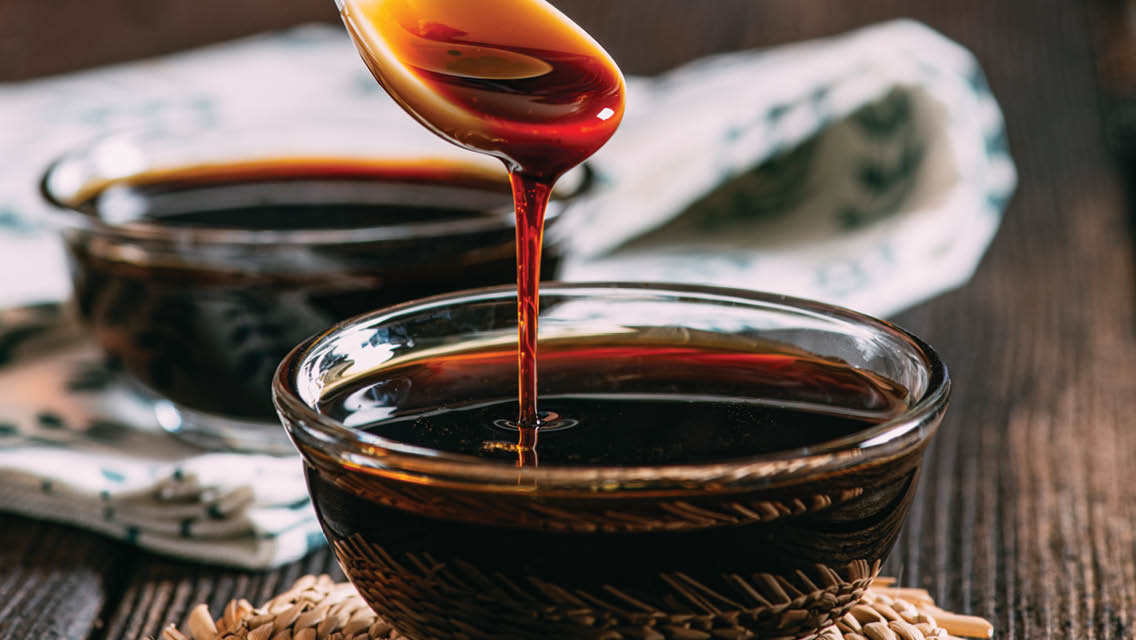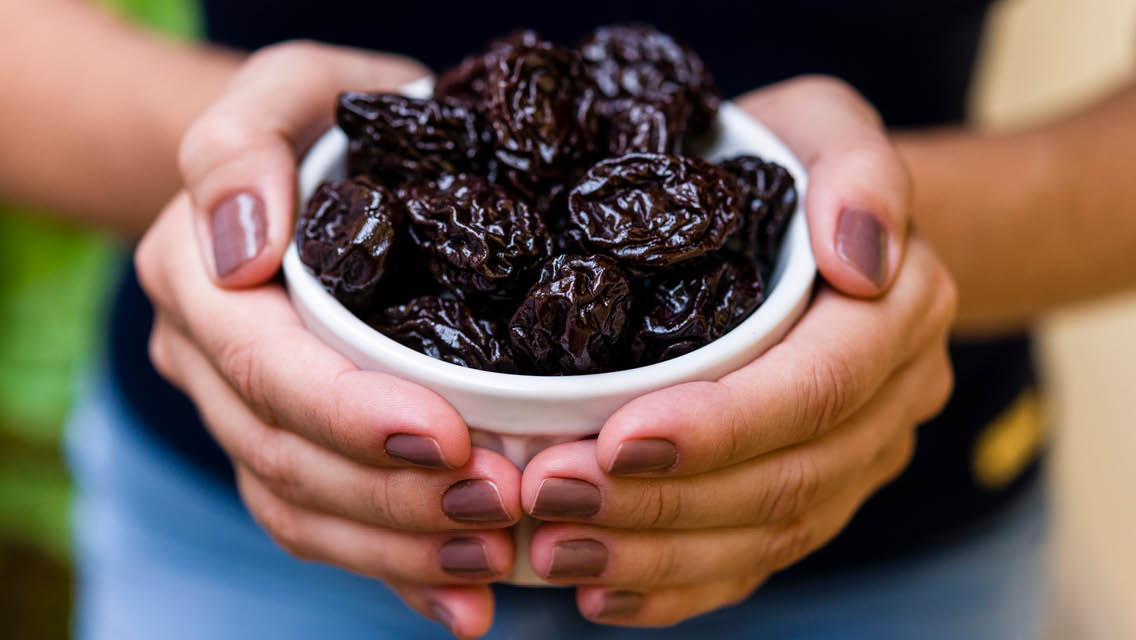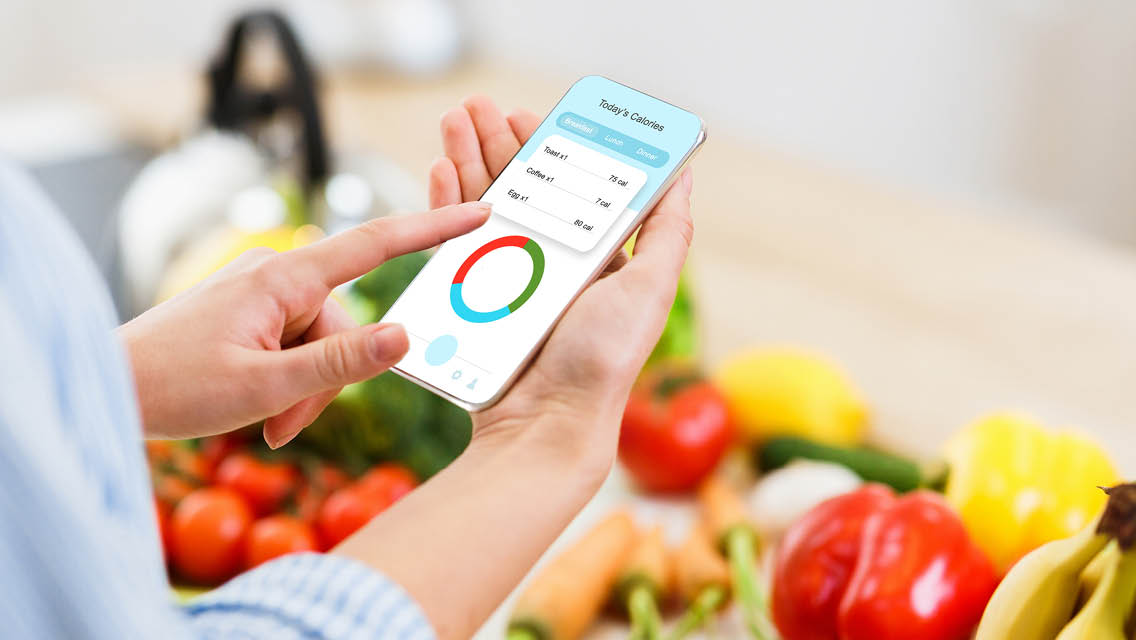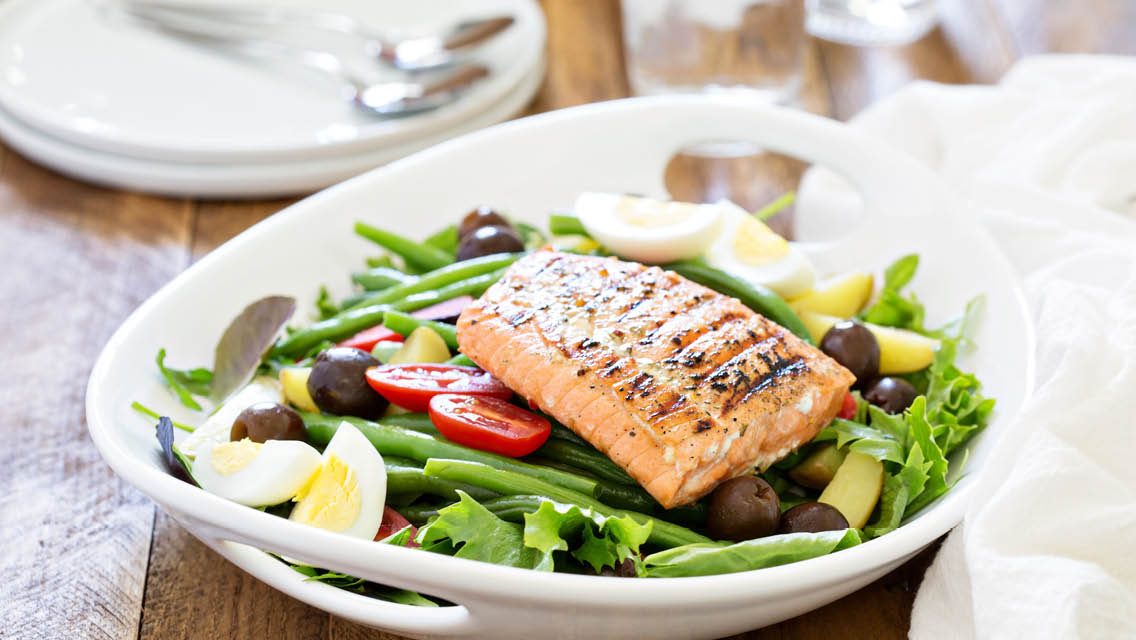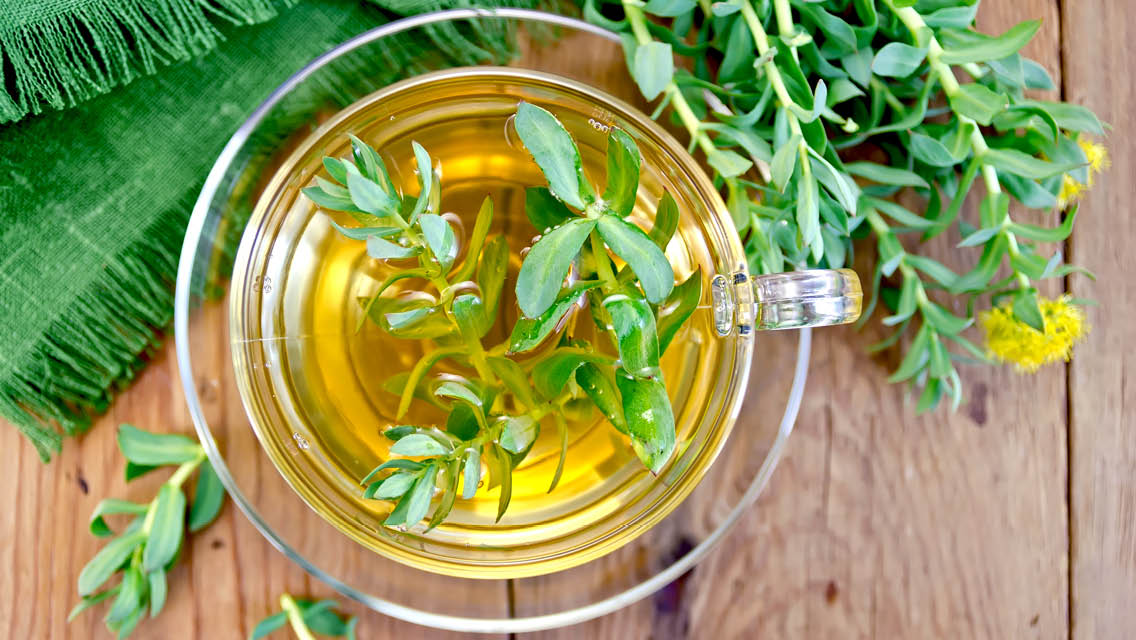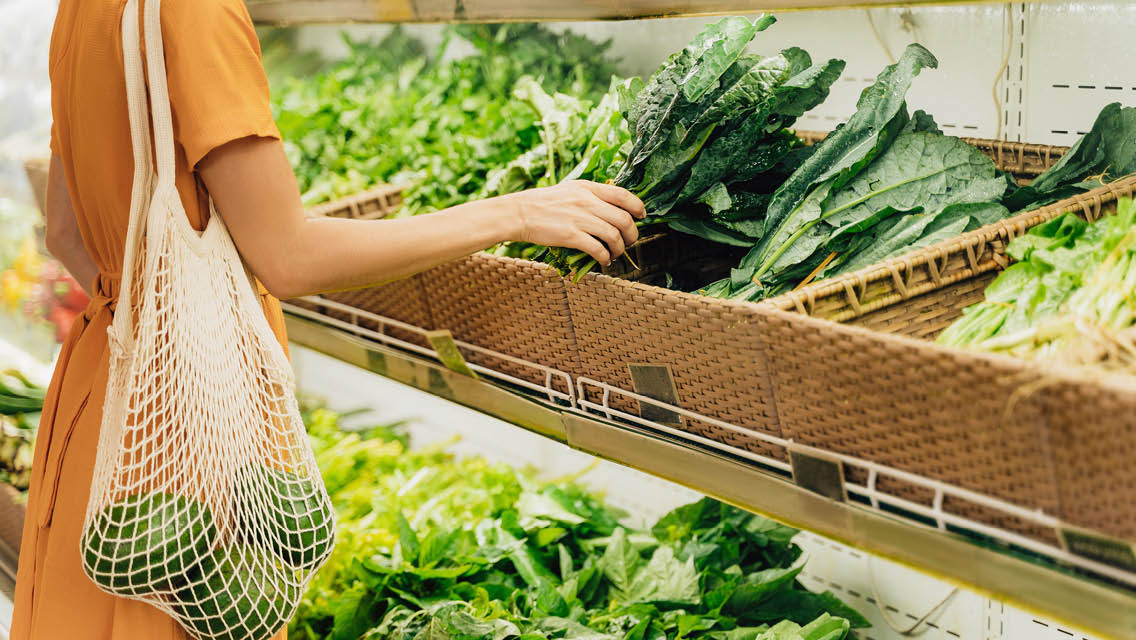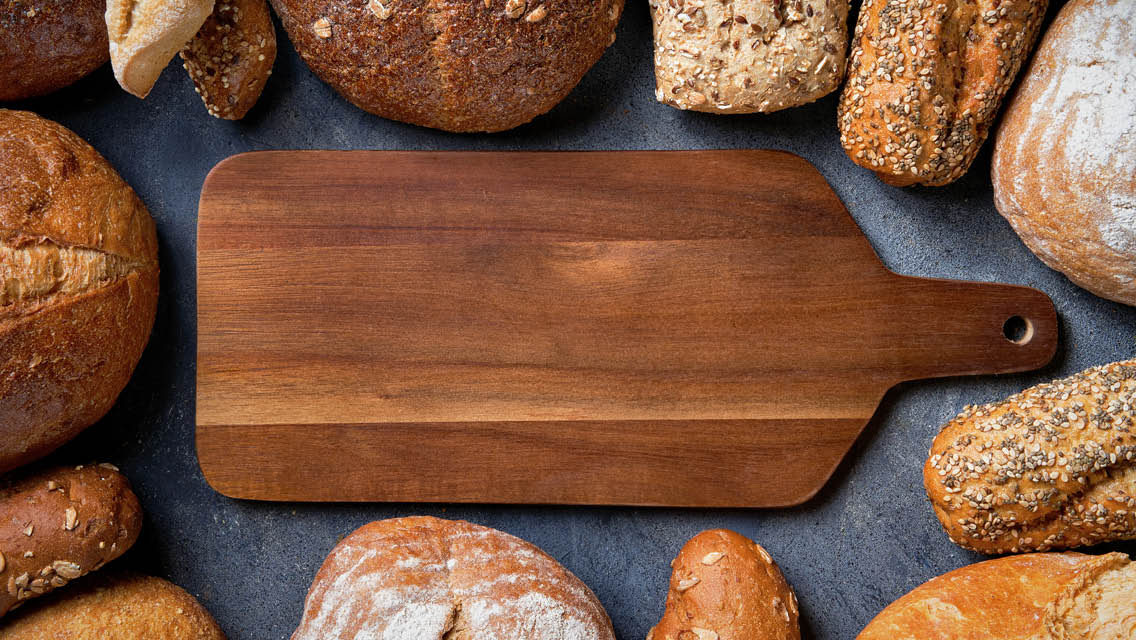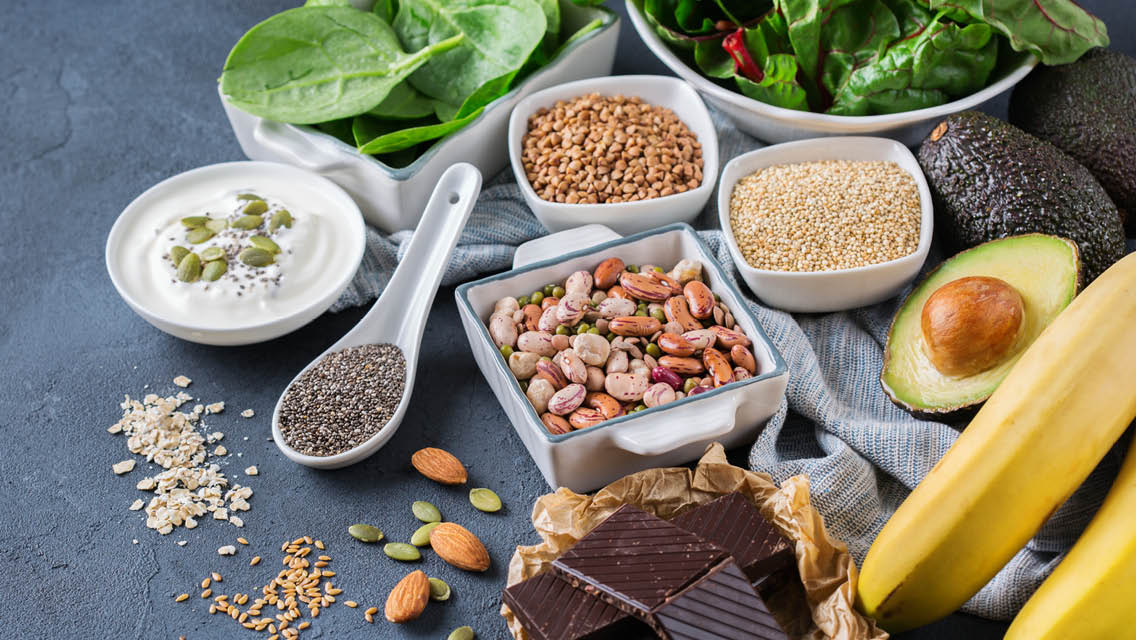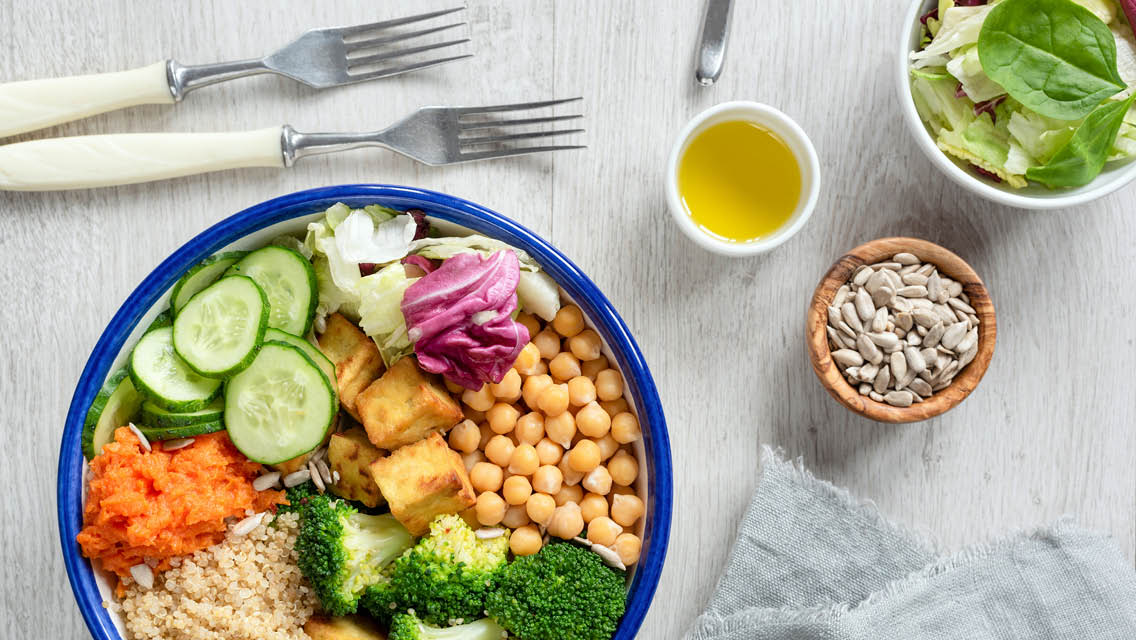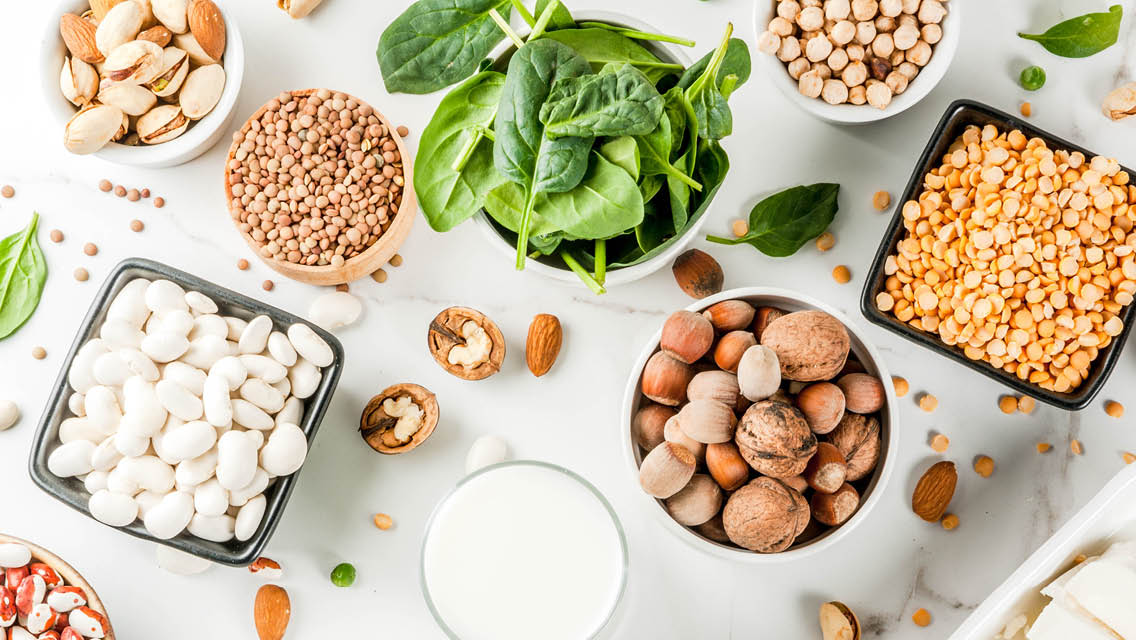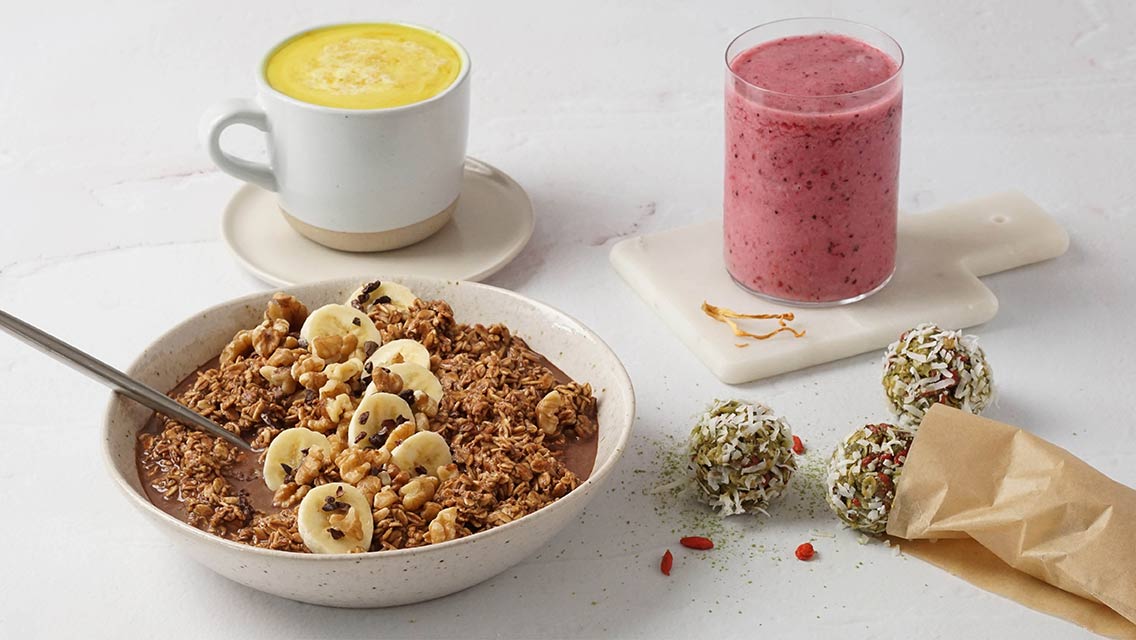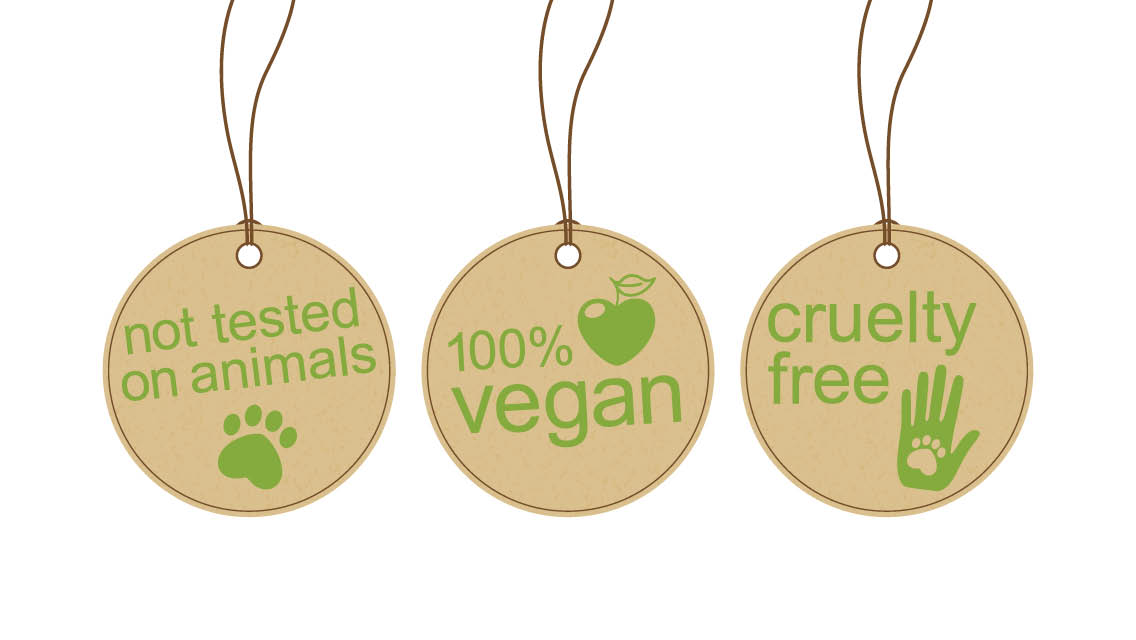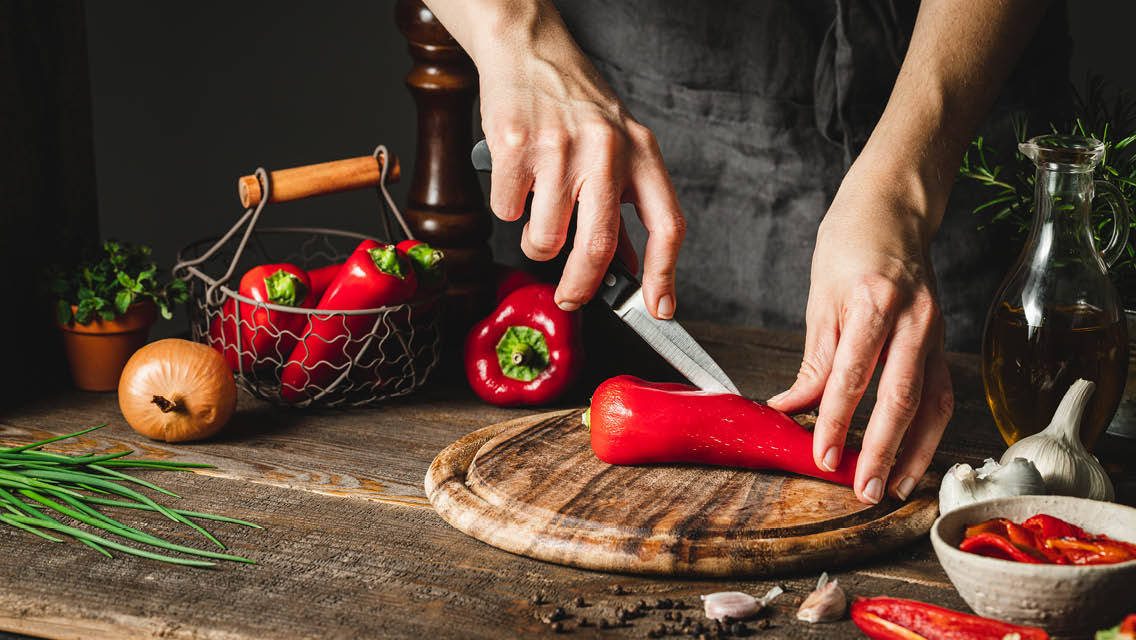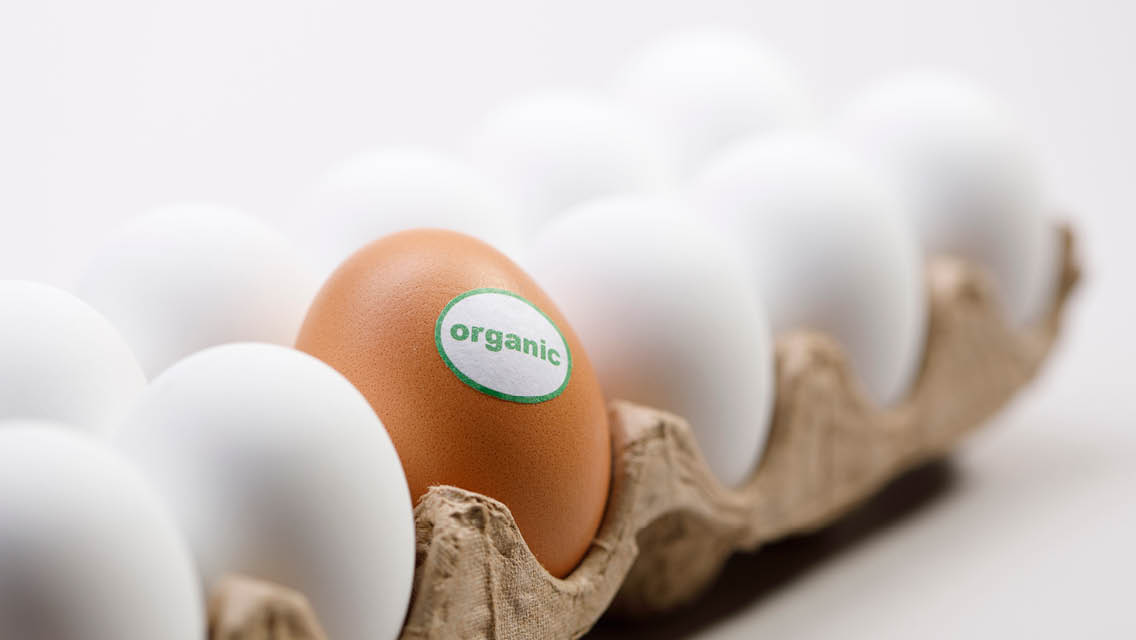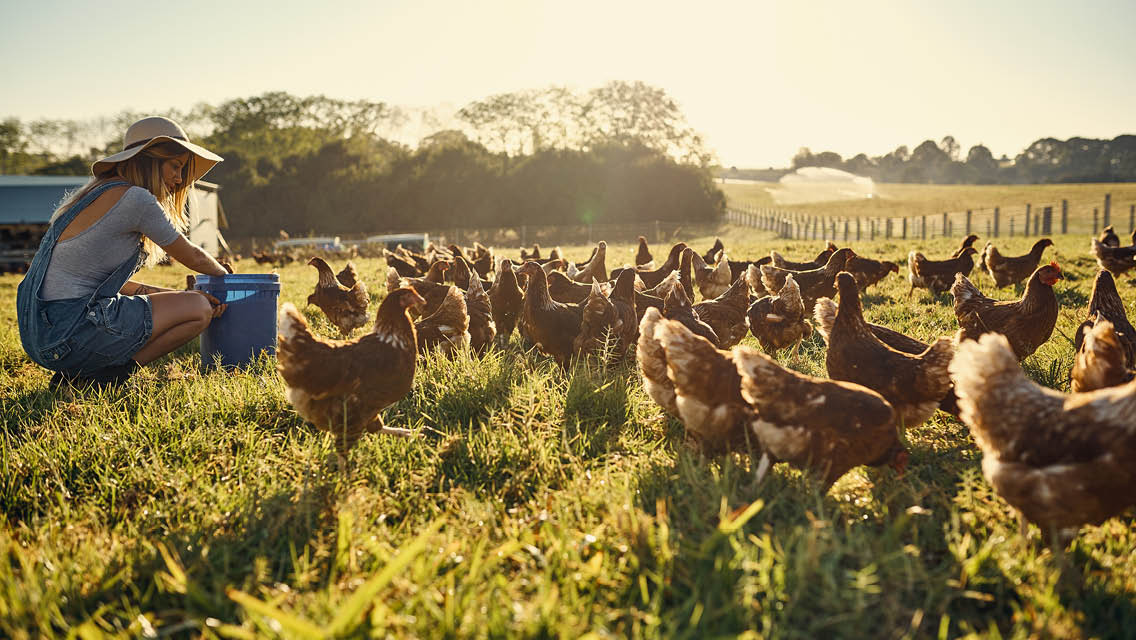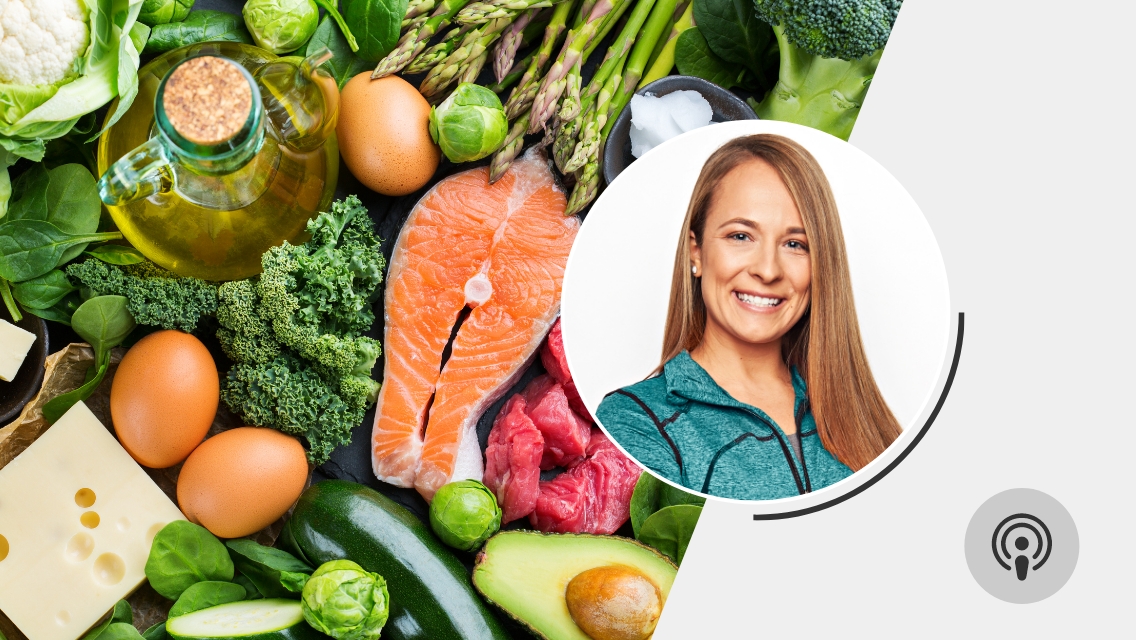Nutrition Tips
LATEST STORIES
How to Buy and Use Molasses
Whether you use it as a more nutritious sugar swap or a flavorful addition to sweet or savory dishes, molasses deserves a spot in your pantry.
20 Days of Express Workouts: Introducing the Holiday Hustle
Learn about this new digital program designed to help you maintain healthy fitness and nutrition habits despite the obstacles of the holiday season. It begins December 5.
Healthy Aging and Travel: How to Prioritize Your Well-Being on the Go
Tips from an ARORA-certified trainer on maintaining strength, mobility, and endurance to make your long-term travel goals a reality.
What Is Curry Leaf and How Do I Use It?
Curry leaves are a fresh herb picked from curry trees and are used differently from curry powder. Learn more about this often overlooked herb.
Can Prunes Help Improve Bone Density?
Prunes are well-known for their ability to help keep us regular. However, recent research indicates prunes may improve bone health in postmenopausal women.
Does Calorie Restriction Slow Down Aging?
Recent research indicates that cutting calories after the age of 45 can increase longevity and reduce age-related disease. Learn why and if it’s right for you.
How Vitamin D Supports Sleep
This vitamin is critical to creating melatonin. Are you getting enough?
Which Nutrients and Supplements Can Help Me Sleep?
A host of supplements — think melatonin, magnesium, and more — can help you drift off and sleep more soundly. And they’re typically safer than pharmaceuticals.
How to Use Rhodiola for Energy and Focus
Rhodiola is an adaptogenic plant that can help with mental focus. Here’s how.
3 Reasons to Eat More Plant-Based Protein
It comes down to longevity, fending off chronic illness, and helping the planet.
5 Tips to Pick the Best Loaf of Bread
Seek out sprouted grains, real sourdough, and more.
3 Tips to Increase Your Magnesium Intake
Magnesium is involved in many bodily processes, including bone building, mood regulation, and energy production. Here’s how to get more of this vital nutrient.
The 7 Best Sources of Plant-Based Protein
This guide outlines several of most the protein-abundant foods in the plant world.
How to Get Enough Protein From a Plant-Based Diet
Plant-based foods can easily meet your protein needs. The key is diversity.
4 Adaptogenic Recipes to Try
Adaptogens can help relieve stress, support your immune system, and even aid your workouts. Try these recipes to get more of these healing herbs in your diet.
What Does “Cruelty-Free” Really Mean?
The government does not oversee or regulate this term, but other groups have stepped in. Look for the Animal Welfare Approved label and the Certified Humane Raised & Handled labels.
Are the Alkaloids in Nightshades Bad for You?
Most people tolerate the alkaloids just fine, but these toxin-containing compounds may trigger health issues in others.
Kicking the Sugar Habit — Together
One Life Time team member and her parents enrolled in the Life Time Sugar Fix program together to eliminate the ingredient from their diets. This was their experience.
What Does “Organic” Really Mean?
The term is much more regulated than it used to be. Look for the USDA Organic label, which means that at least 95 percent of the ingredients are mostly free of pesticides and fertilizers.
What Does “Grassfed” Really Mean?
Look for American Grassfed Association certification, which means animals were raised 100 percent on grass and forage — not grain.
How to Balance Your Blood Sugar
It’s estimated that as many as one in three U.S. adults have impaired blood-sugar control — and most are unaware until disease diagnosis. This often means missing months or years of opportunities to intervene with lifestyle habits. Samantha McKinney, RD, CPT, explains how blood sugar impacts nearly every aspect of our health and walks us through the many things we can do to better control it.
